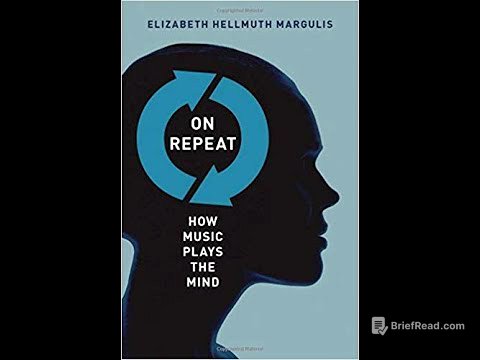TLDR;
This video from TCP Academy identifies the eight most common reasons why students fail the CSC examination. These include poor study habits, a weak foundation in core subjects, lack of preparation, limited access to resources, inadequate school support, personal and socioeconomic challenges, low motivation, and exam anxiety. Addressing these issues can significantly improve a student's chances of success.
- Poor study habits
- Weak foundation in core subjects
- Lack of preparation
- Limited access to resources
- Inadequate school support
- Personal and socioeconomic challenges
- Low motivation
- Exam anxiety
Introduction [0:04]
The TCP Academy introduces a discussion on the common reasons for failure in the CSC examination, highlighting eight key factors that contribute to students' underperformance. The academy emphasizes its mission to support student success.
Poor Study Habits [0:20]
One of the primary reasons for failure is poor study habits. This includes cramming instead of consistent study, neglecting revision, not practicing with past papers, and poor time management, which results in incomplete syllabus coverage.
Weak Foundation in Core Subjects [0:35]
A weak foundation in core subjects like math, English, and science is another significant factor. Students often struggle with complex concepts due to earlier learning gaps, hindering their ability to grasp advanced material.
Lack of Preparation [0:54]
Insufficient preparation, such as not attending enough classes or missing important lessons, also contributes to failure. Additionally, failure to complete school-based assessments (SPAs), which are critical for final grades, further impacts performance.
Limited Access to Resources [1:08]
Limited access to necessary resources, including textbooks, past papers, and online tools, is a barrier for many students. Lack of internet access further restricts their ability to conduct research and engage in online learning.
Poor Teaching or Inadequate School Support [1:23]
Poor teaching quality and inadequate school support also play a role. This includes underqualified teachers, ineffective syllabus delivery, overcrowded classrooms, and insufficient individual attention for students.
Personal and Socioeconomic Challenges [1:36]
Personal and socioeconomic challenges significantly affect student performance. Family issues, financial struggles, the need to work while studying, and mental health issues like anxiety or depression can all hinder academic success.
Low Motivation or Discipline [1:52]
Low motivation and lack of discipline are detrimental to academic achievement. This includes a lack of interest in subjects or career goals, as well as distractions from peer pressure, social media, and gaming.
Exam Anxiety or Poor Exam Technique [2:05]
Exam anxiety and poor exam technique can lead to failure. Panic during the exam, misinterpreting questions, poor time allocation, and failing to answer all parts of the exam are common issues that affect performance.
Conclusion [2:21]
The TCP Academy concludes by encouraging viewers to like, share, and subscribe to the channel. They also invite viewers to share their school and country in the comments.









